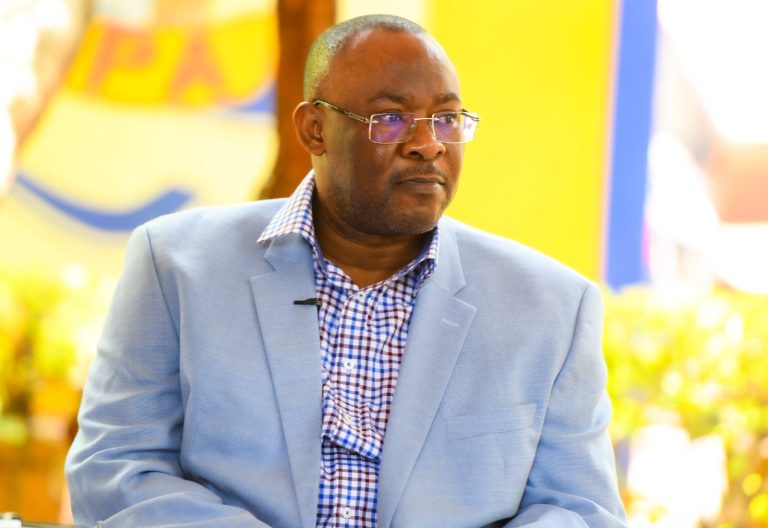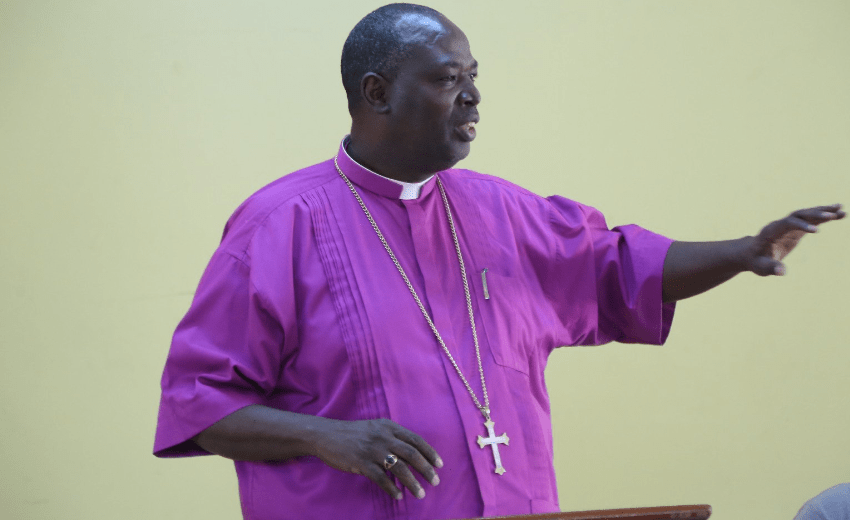Let Church continue to raise its voice
By Alberto Leny, December 24, 2024Tomorrow is Christmas Day, when Kenyans will join other Christians all over the world to celebrate the birth of Jesus Christ.
Christmas Day is being marked after the Church belatedly rediscovered its moral compass in shaping the country’s destiny following a year of political turbulence and economic hardship affecting the majority of Kenyans.
The Church had come under sharp criticism for allowing the political establishment to use the pulpit in advocating unpopular policies and statements. Matters came to a head mid this year when young Kenyans took to the streets in protest.
While the Gen Z protests were anchored in opposition to the unpopular Finance Bill 2024, which had elicited massive public outrage at the Executive and the Legislature, they later morphed into a catalogue of demands that revealed many deep-seated grievances.
Kenyan youth made the boldest statement in the nation’s history during the mass protests that jolted the government to its core. The unrest shook the authorities, who deployed a heavy security presence criticised for brutal suppression and violation of human rights.
The unprecedented Gen Z protests, whose ramifications are still being felt to date, permanently etched the youth’s indelible status and constitutionally guaranteed participation in Kenya’s political and economic equation.
By forcing President William Ruto to withdraw the finance bill and reshuffle his Cabinet to include Opposition leader Raila Odinga’s key allies and now former President Uhuru Kenyata’s allies, the youth robustly demonstrated their mettle in the nation’s political architecture.
The enlightened young men and women, most of them university students, anchored their actions in the Constitution to expose the frailties of leadership hampering good governance and economic growth that continue to harm them most.
Highlighting a toxic cocktail of corruption, unemployment, negative ethnicity, political deceit and arrogance, the youth demanded radical changes in the management of the nation’s current and future political and economic affairs.
They rightly insisted that they have to be at the centre of the urgently required rapid transformation out of the prevailing repugnant brand of politics that not only stifles democracy and socio-economic growth but also essentially locks the youth out of the governance system.
Ironically, despite the Gen Z protest exposing the glaring inadequacies of the governance structures, the establishment continues to largely neglect the youth in favour of the older generation in the political and economic spheres.
Millions of young people remain an angry, disadvantaged and short-changed lot and after the protests were quelled by brutal force and manipulation, they feel they still have unfinished business with the authorities on the many issues they raised.
When the Church realised that the youth had captured widespread public indignation at policies and actions that have failed to cure extreme poverty, youth unemployment, endemic corruption and injustices, it feared losing its moral ground among its faithful and the wider society.
It therefore had to raise its voice, sounding out the government on the public grievances in the political, economic and social spheres that the youth had amply illustrated.
So, on Christmas Day tomorrow and in the coming new year of great significance to Kenyans, the Church must continue to raise its voice and articulate these issues now that they are reading from the same script with the youth.
Biblically, God has given one kind of authority to governments (the sword) and another kind to churches (the keys), and neither should usurp the other.
— The writer comments on national affairs; albertoleny@gmail.com
More Articles

